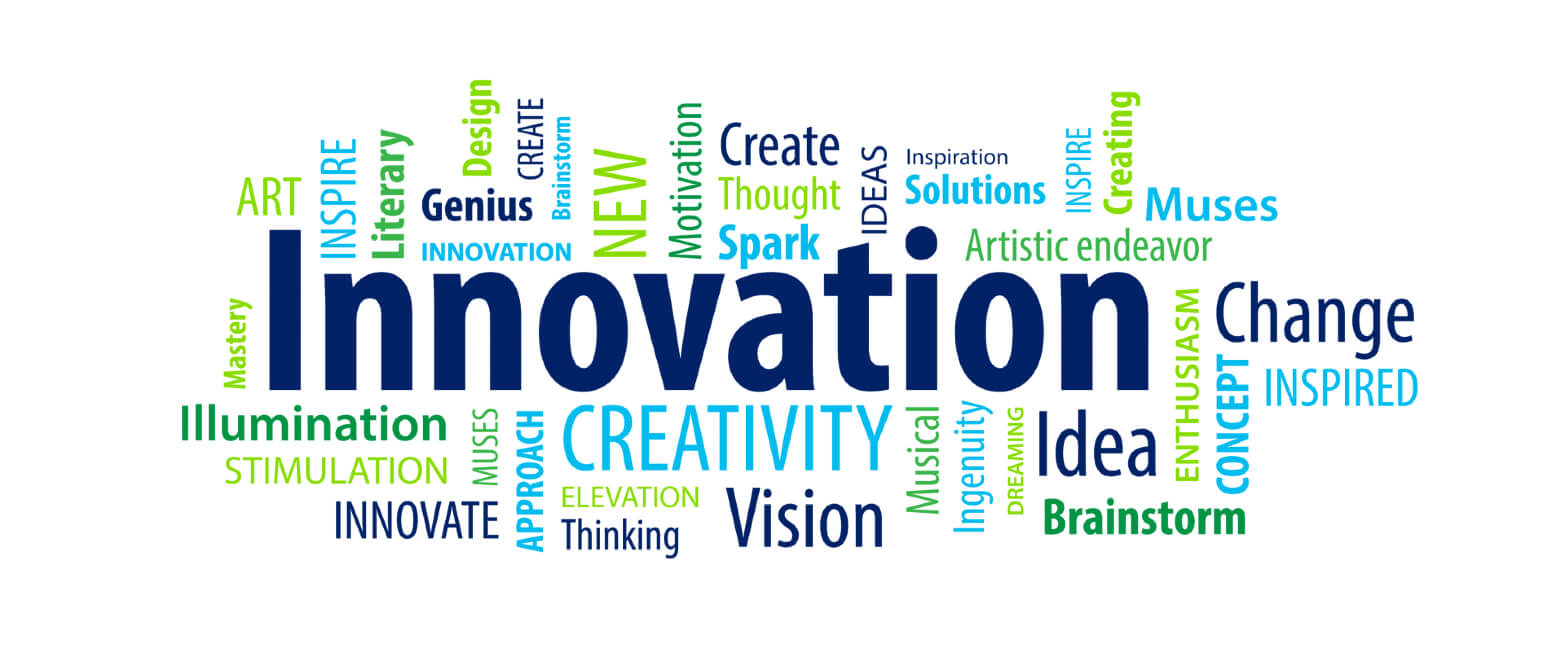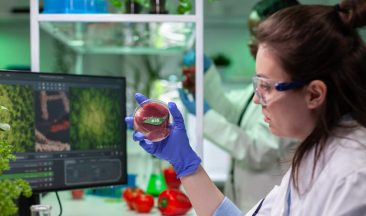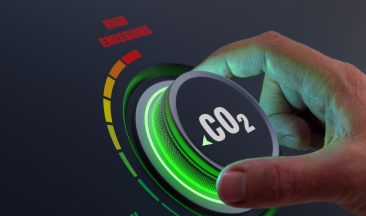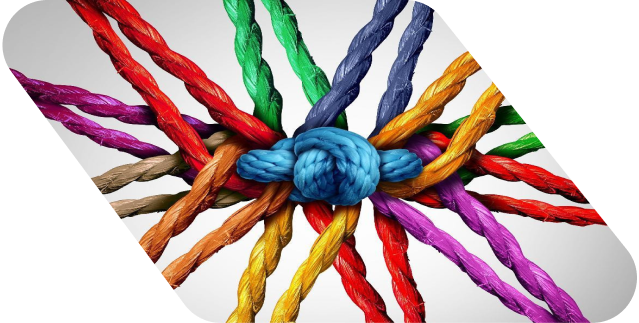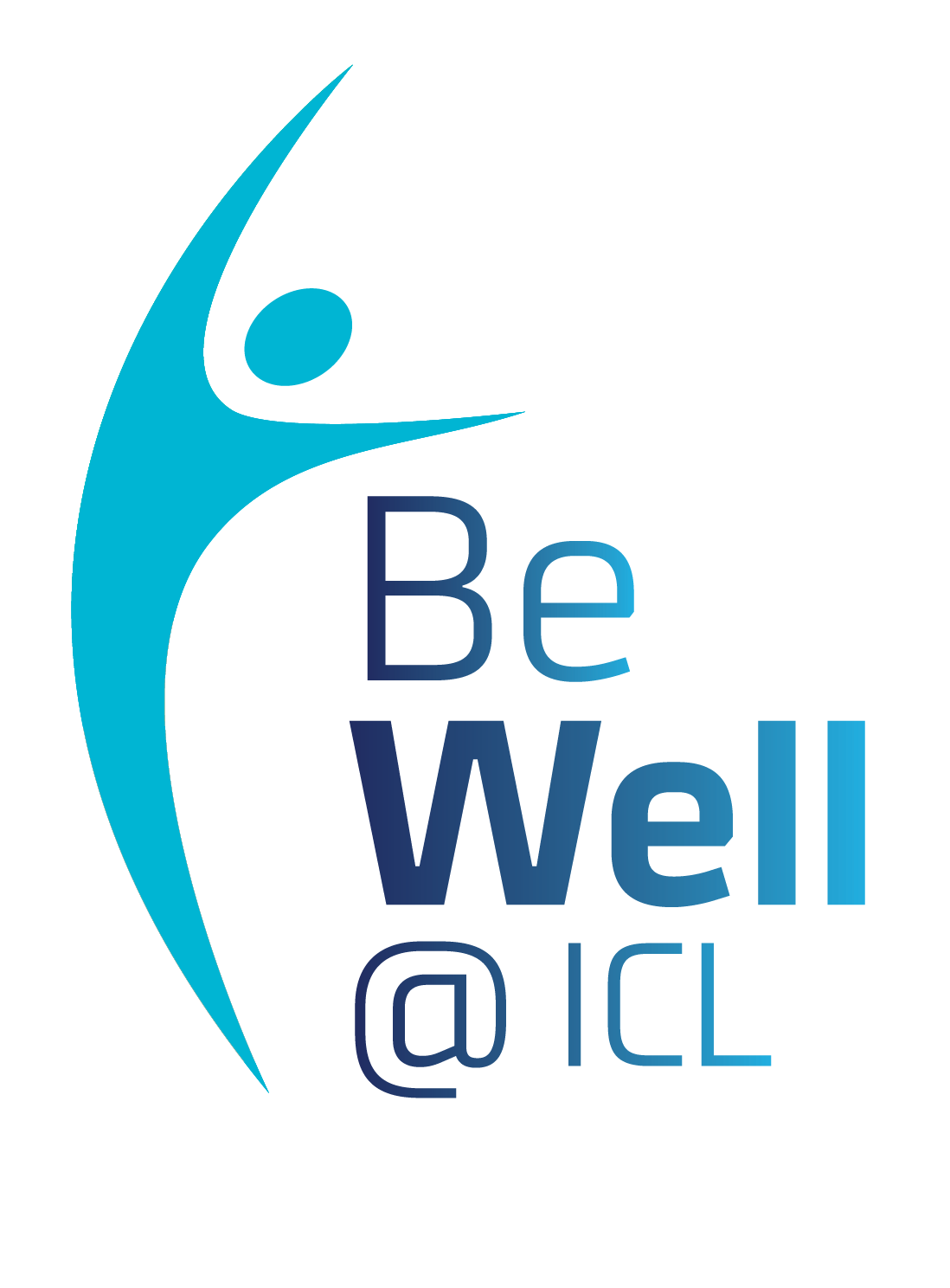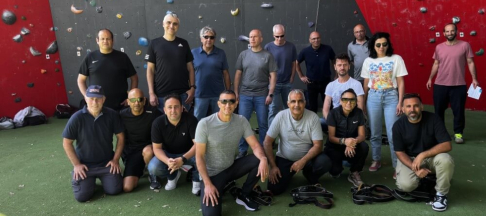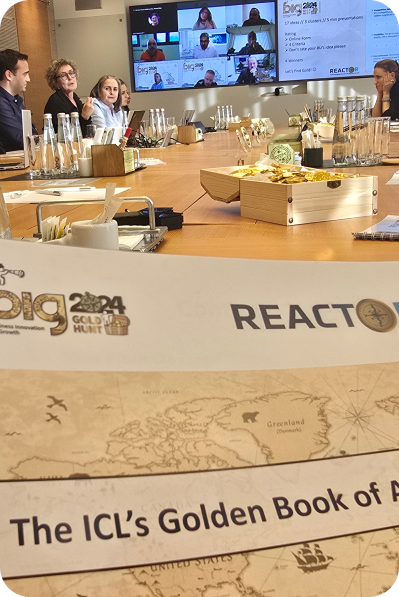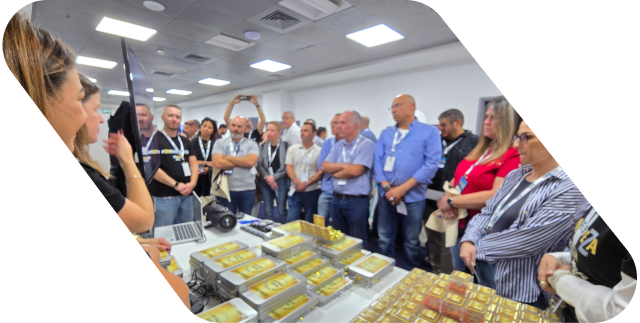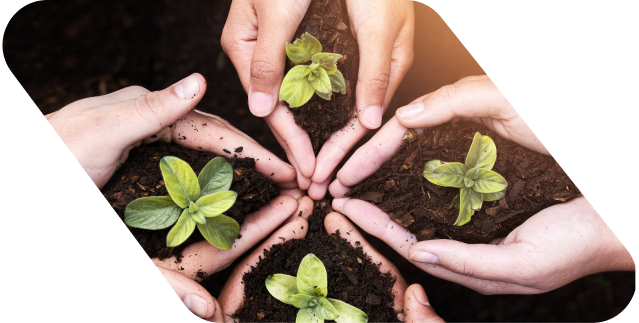The Prestigious Harvard Business School featured ICL’s BIG – Business Innovation for Growth – program as a case study in internal innovation leadership. This is an extraordinary accolade and high level recognition for a program that began, as a completely new and untried project, in 2019.
This article sets out the strategic vision behind BIG and explores how the groundbreaking internal ideation program is channeling innovation as a potent force for growth, and driving sustainability across one of the world’s most dynamic corporations.
Read the Harvard Business School BIG Case Study
ICL: A Century of Innovation and Pioneering Sustainability
ICL traces its corporate lineage back to early 20th century mineral exploration in the harsh and remote Negev desert. Innovation, adaptability, and an unconventional approach to problem solving became embedded in the company’s DNA, allowing it to rapidly expand as a tech leader – and now a sustainability pioneer – in the modern industrial and agricultural sectors.
Today, innovation is a foundational aspect of ICL’s strategy, culture, and business practices. It is the driving force behind the development of sustainable fertilizers, advanced agritech solutions, and clean energy initiatives.
From BIG Ideas to Sustainable Impact
BIG was launched at exactly the right moment. It tapped into a deeper entrepreneurial energy and appetite for innovation among ICL employees, and gave them a working structure to offer ideas for change, improvement and growth. In less than 5 years, BIG has expanded to include all 12,500 ICL workers across dozens of sites worldwide.
BIG allows every ICL employee to submit any idea through an online system that bypasses all existing silos and is completely outside any local managerial hierarchy. Every individual idea is assessed on its merits (according to published criteria) and those with potential are assigned to business units for development.
BIG empowers every employee – regardless of location, role or seniority – by giving them a unique opportunity to contribute to the company’s growth process. There is a genuine opportunity to shape ICL’s development of circular economies and sustainability, as well as its strategic direction, with innovative ideas. The functional simplicity of BIG, with its emphasis on inclusivity and direct participation, is the foundation of the program’s success.
ICL: Leadership with Vision, Purpose and Integrity
ICL is a growth focused company that depends on its grasp of new technologies to remain dynamic. Leadership at every level is one of the key energies that drives the company forwards and sets it apart from most of its peers. The leadership approach prioritizes innovation, sustainability, and stakeholder engagement and works on the understanding that leadership is a skill that can be taught and developed.
ICL’s inclusive multi-tier approach to leadership goes far beyond optimizing processes, launching new products and penetrating new markets. It is creating a culture of sustainability, contributing to improved global food security and protecting the environment.
ICL is reaping the benefits of its unique approach to leadership on many levels, from workplace morale and employee engagement, to quantifiable ESG results across all its operations.
The development and encouragement of leadership – and the identification and mentoring of future leaders – is an ongoing process. Even the most dynamic and inventive organizations can stagnate and ossify when complacency sets in. ICL is determined to continually reevaluate and test its culture of leadership and to expand innovation for sustainability, environmental protection, and community initiatives.
“At ICL, we are guided by a fundamental belief: sustainability is at the heart of true innovation. Our dedication to ESG principles isn’t just corporate policy; it’s a personal commitment shared by every team member. Together, we are forging a sustainable future with every innovation we introduce and every operation we improve.”
Anantha Desikan
EVP & Chief Research, Development & Innovation Officer
Setting the Global Standard for Sustainable Practices
Our world is undergoing rapid and challenging changes with a warming climate and extreme weather events, as well as the demands of feeding a growing population. ICL aims to be at the forefront of adaptation with bold contributions to sustainable agriculture, energy solutions, and environmental stewardship.
The recent Harvard Business School case study acknowledges ICL’s global impact and commitment to innovation. The study singles out BIG as a successful internal ideation program that other companies can copy as they move to embrace innovation.
In fact, any organization (not just corporations) can create a culture that encourages positive change. The basic BIG model can be readily adapted and scaled to fit any government department, NGO, or institution that wishes to draw on the talent, enthusiasm, and practical knowledge of its members to foster innovation.
Join ICL on Its Exciting Journey of Innovation!
The BIG program’s recognition by the Harvard Business School case study is a welcome testament to ICL’s role as a leader in the field of organizational innovation. The case study also highlights ICL’s global impact as a practical innovator that delivers tangible and quantifiable results.
Companies that want to align their own operations to these vital goals can adopt the fundamental principles behind the BIG program and calibrate them to their own businesses. Once you give employees and other stakeholders a system and a framework for innovation, you’ll be amazed by their passion for creativity and the breadth, volume, and sheer quality of ideas that they generate.
The potential to optimize processes and systems, improve workplace safety, harness new technologies, and identify unmet needs is essentially limitless. A well-designed program can rapidly deliver a return on investment just by identifying cost savings and optimizations on existing operations. That’s even before innovative ideas pass through the developmental and regulatory processes to become profitable new products.
ICL’s leadership is not simply focused on delivering short-term gains, or even the strategic penetration of new markets. It operates within a genuinely exciting and revolutionary context where the wider goals are sustainability, global food security, and environmental protection.
